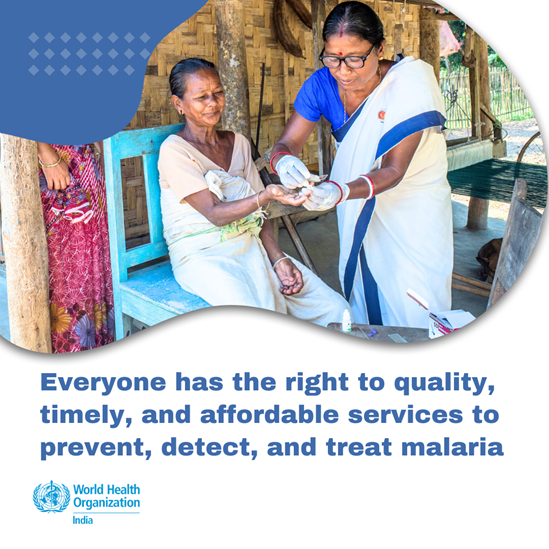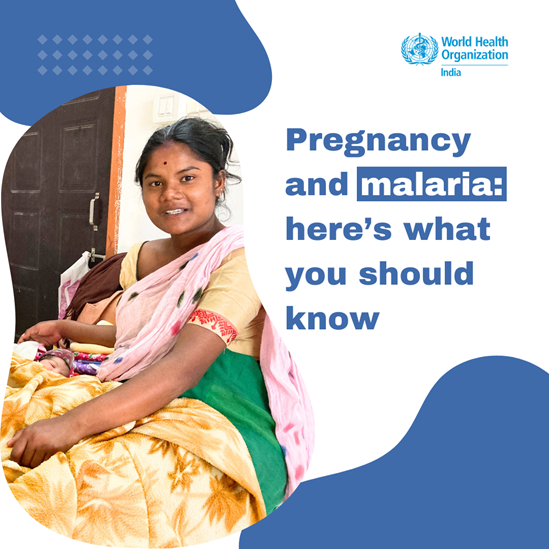
“Accelerating the fight against malaria for a more equitable world”
In recent years, progress in reducing malaria has ground to a standstill. Not only does malaria continue to directly endanger health and cost lives, but it also perpetuates a vicious cycle of inequity. People living in the most vulnerable situations including pregnant women, infants, children under 5 years of age, refugees, migrants, internally displaced people, and Indigenous Peoples continue to be disproportionately impacted.
Why are pregnant women, young children and other groups in vulnerable situations not accessing the malaria services they need? On World Malaria Day 2024, WHO joins the RBM Partnership to End Malaria and other partners in highlighting barriers to health equity, gender equality and human rights in malaria responses worldwide – as well as concrete measures to overcome them.
Pregnancy reduces a woman’s immunity to malaria, making her more susceptible to infection and increasing her risk of severe disease and death. Gender inequalities, discrimination and harmful gender norms heighten her risk of contracting the disease. If untreated, malaria in pregnancy can cause severe anaemia, maternal death, stillbirth, premature delivery, and low-birth weight babies.
On World Malaria Day, let’s “Accelerate the fight against malaria for a more equitable world” through:
- Ending discrimination and stigma
- Engaging communities in health decision-making
- Bringing health care close to where people live and work through primary health care
- Addressing factors that increase malaria risk
- Including malaria control interventions in universal health coverage








